
‘In recent years, the European Union has been seeking the glamour of international politics. It wants to behave like a great power, while its vocation should be to organize close cooperation between sovereign states. It wants to wage war when its mission is to bring peace. Under the current leadership, it has abandoned its mission as set forth by the Founding Fathers, and this could cost it its existence.’

‘The central allegation is that Pegasus was acquired illegally…In 2017 Deputy Minister of Justice Michał Woś transferred funds from the Justice Fund to the Central Anti-Corruption Bureau (CBA). The opposition and the Supreme Audit Office deemed this unlawful, claiming that the CBA may only receive money from the state budget. However, there is no legal basis for such exclusivity…’

What tools of pressure does Trump have to deploy against Russia if diplomacy fails? Is the United States’ support for Israel infinite? Could Hungary switch from Russian energy to American? What is the future of Europe? We asked former United States Secretary of Veterans Affairs Robert Wilkie about Trump’s three unresolved geopolitical games.
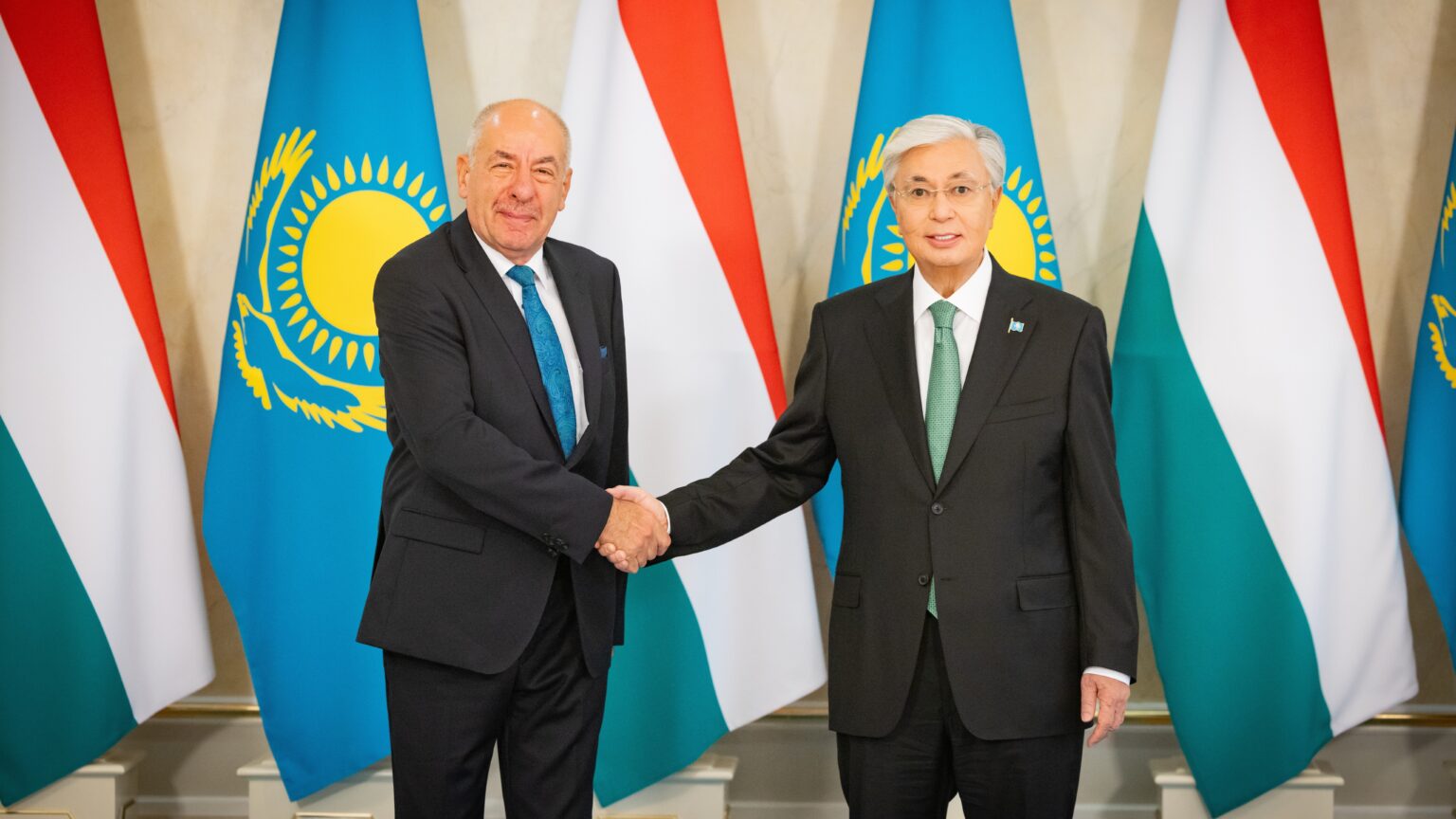
Hungarian President Tamás Sulyok paid an official visit to Kazakhstan, where he was awarded the country’s highest state honour, the Order of Friendship, in recognition of the close ties between the two nations. Talks focused on strategic cooperation in energy, trade, and logistics.
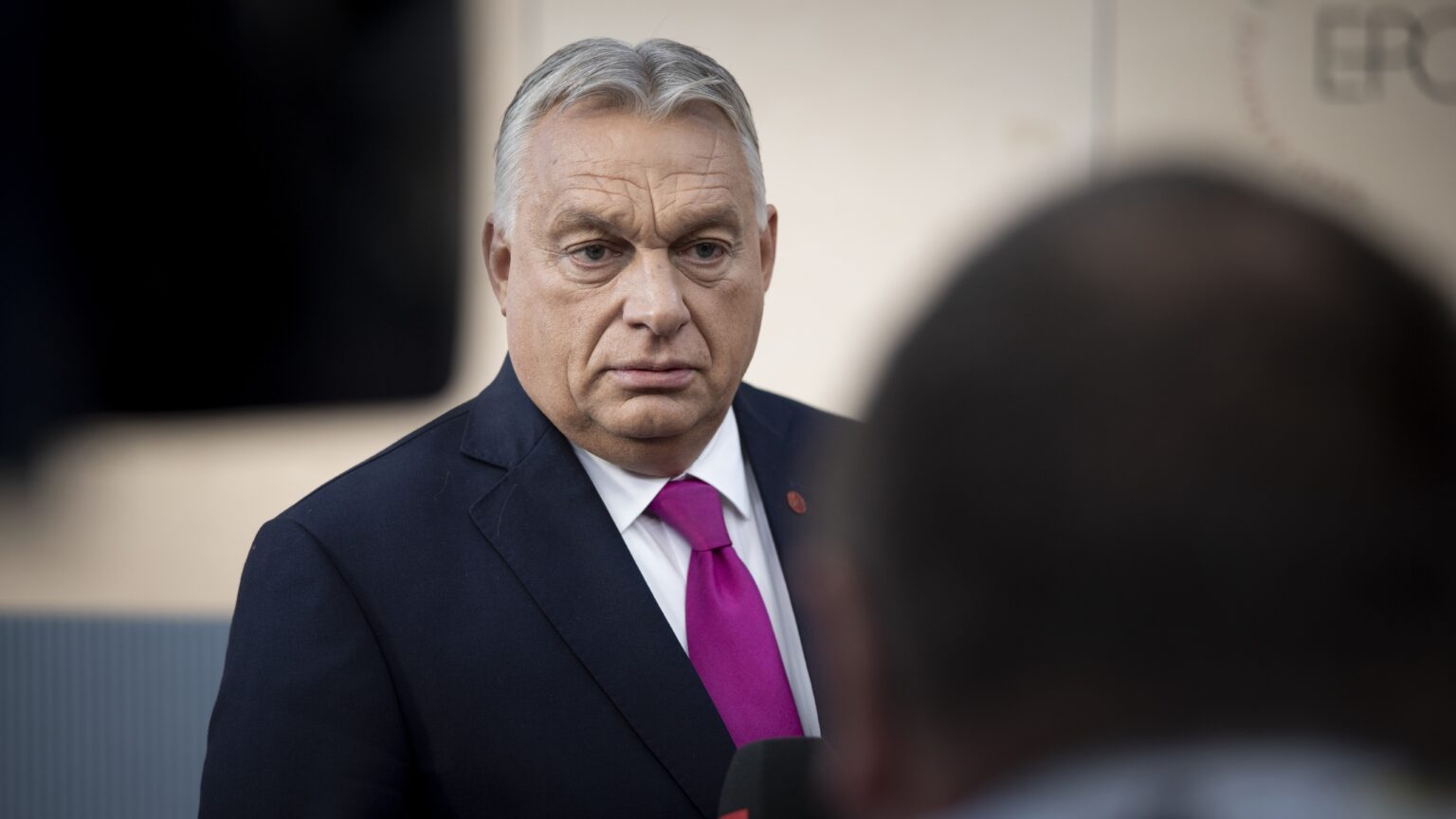
Prime Minister Viktor Orbán reiterated that Hungarians want to stay out of the war and reject Ukraine’s EU membership. Following the EU summit in Copenhagen, he launched a signature drive to reinforce public opposition to Brussels’ war strategy.

‘Politically-involved people in the West will encounter different problems in their own national landscapes, but they may find they have a lot to learn from the failures, successes and general proceedings in other countries.’
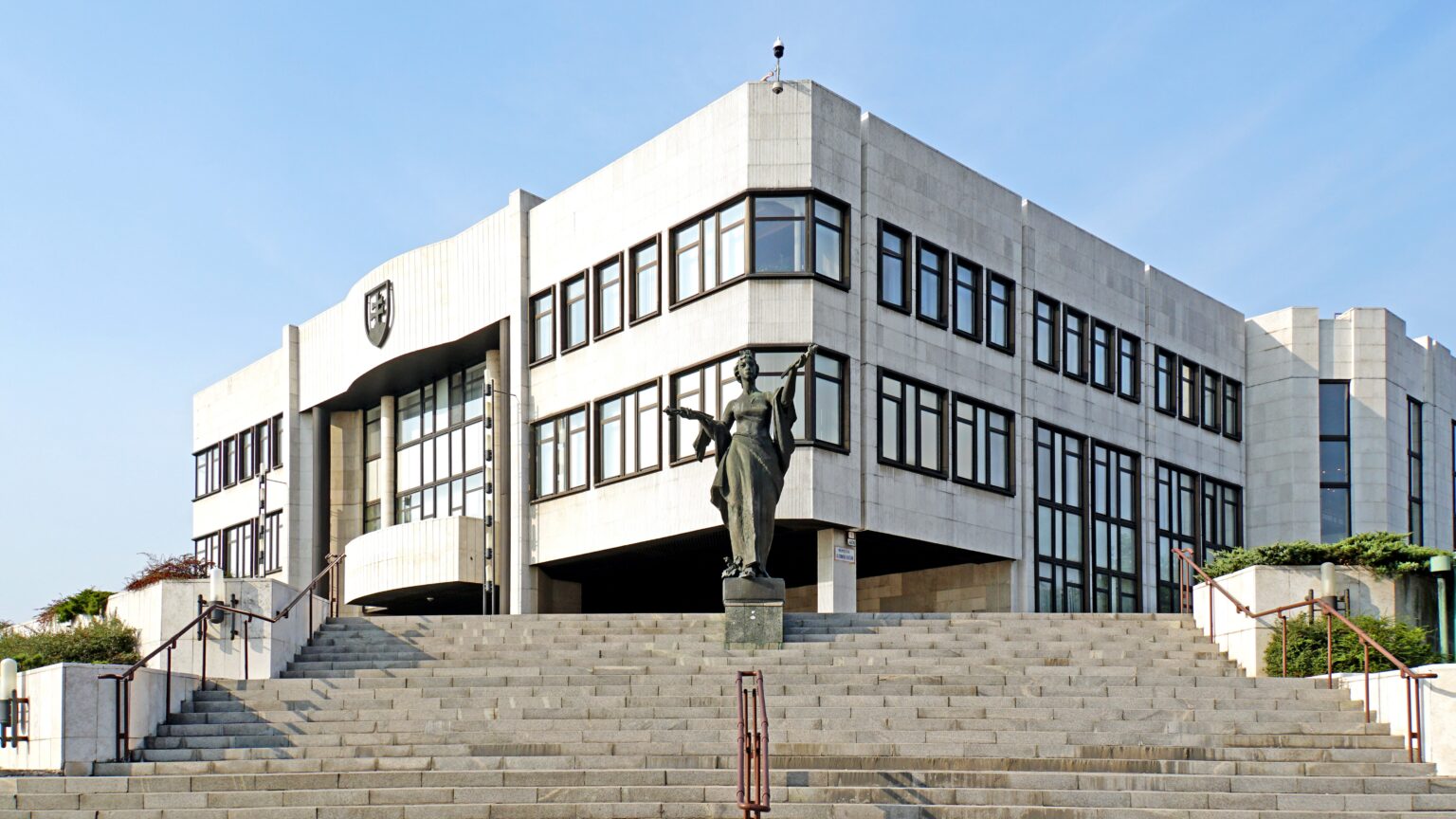
The country exemplifies competition between liberal and postliberal forces.
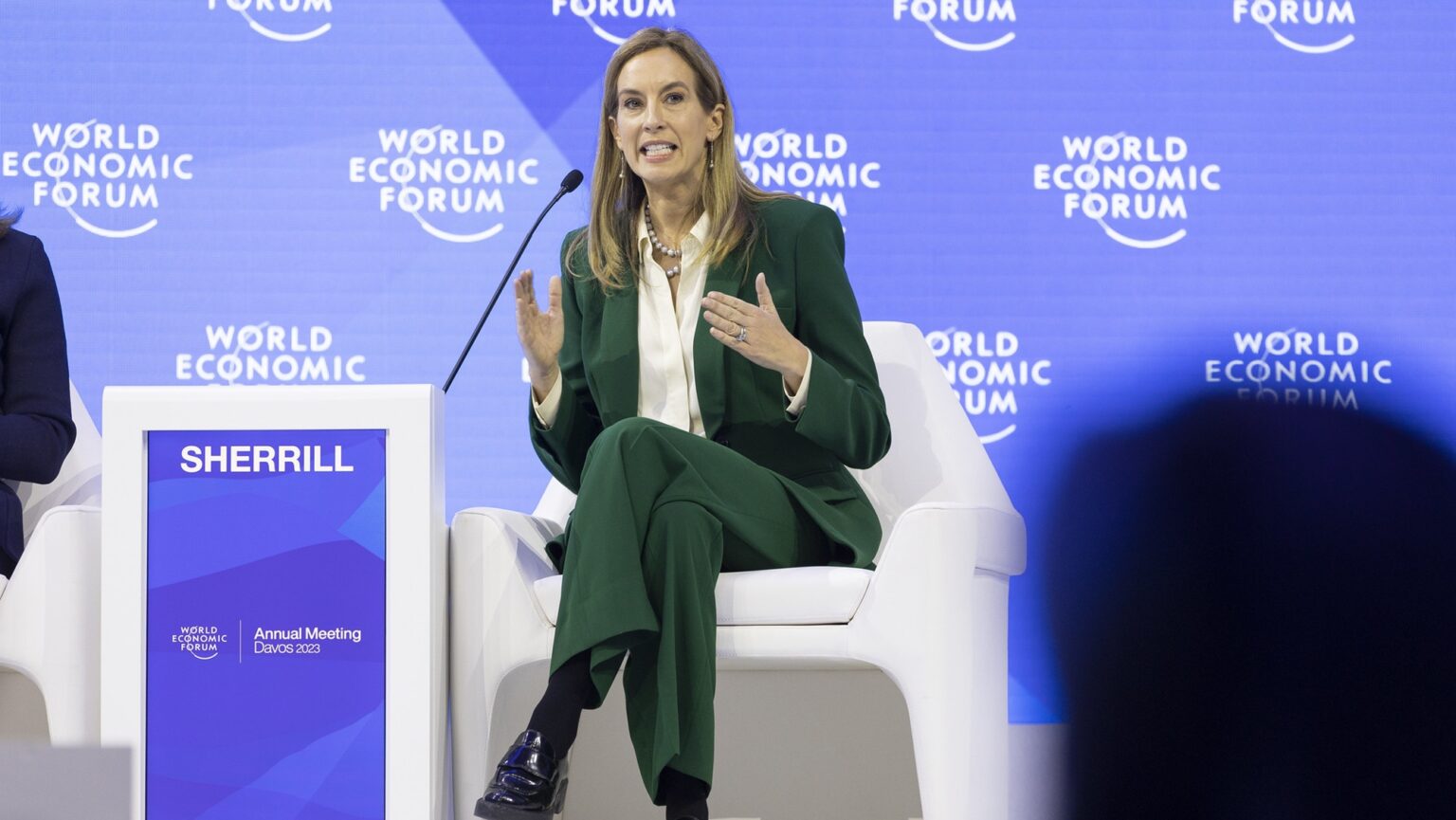
From a cheating scandal in the Naval Academy in 1994, through an insider trading scandal, to a nepotism scandal in 2025—Congresswoman and gubernatorial candidate Mikie Sherrill is really making the Democrats sweat in the once deep blue New Jersey. Can Republican Jack Ciattarelli take advantage of the scandals and win the race in the Garden State?
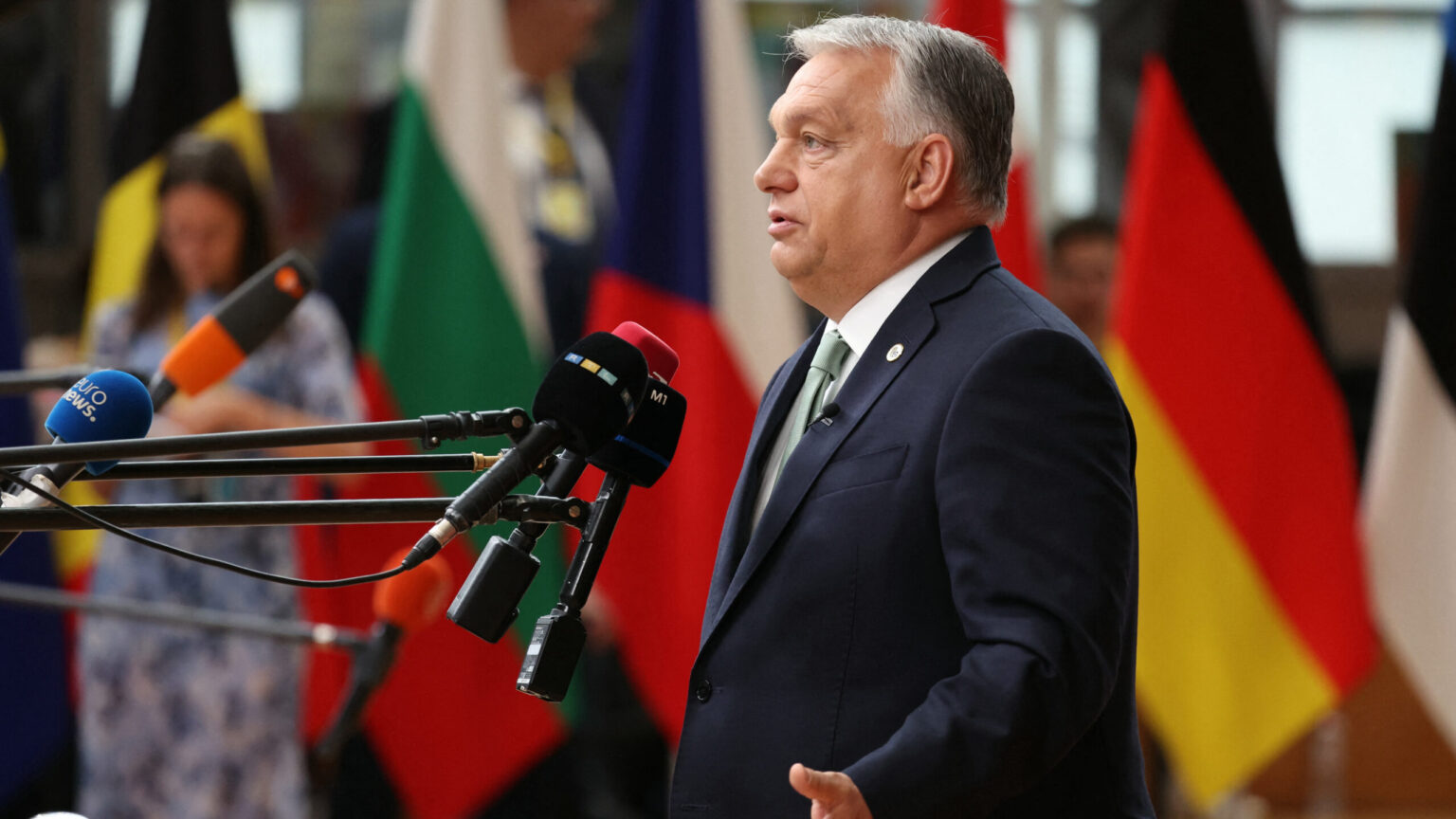
EU leaders will meet in Copenhagen on Wednesday for an informal European Council meeting, testing how far Brussels is willing to go to sideline Viktor Orbán. Council President António Costa is lobbying to bypass Hungary’s veto on Ukraine’s accession talks and on the use of frozen Russian assets—an approach Budapest says violates treaties and destroys institutional balance.

While mainstream media screams ‘MAGA lunatic’ after the Michigan Mormon church mass shooting, the truth tells a different story. Thomas Jacob Sanford was not driven by Trump but by animosity toward Mormons. Contrast that with left-linked violence—like the ICE shooting or Charlie Kirk’s assassination—where ideology was scrawled on the very bullets.

Hungarian Prime Minister Viktor Orbán dismissed allegations of paedophilia linked to a correctional facility in Szőlő Street as a foreign-backed disinformation campaign, while warning of legal consequences and defending his government’s policies on energy, taxes, and family support.
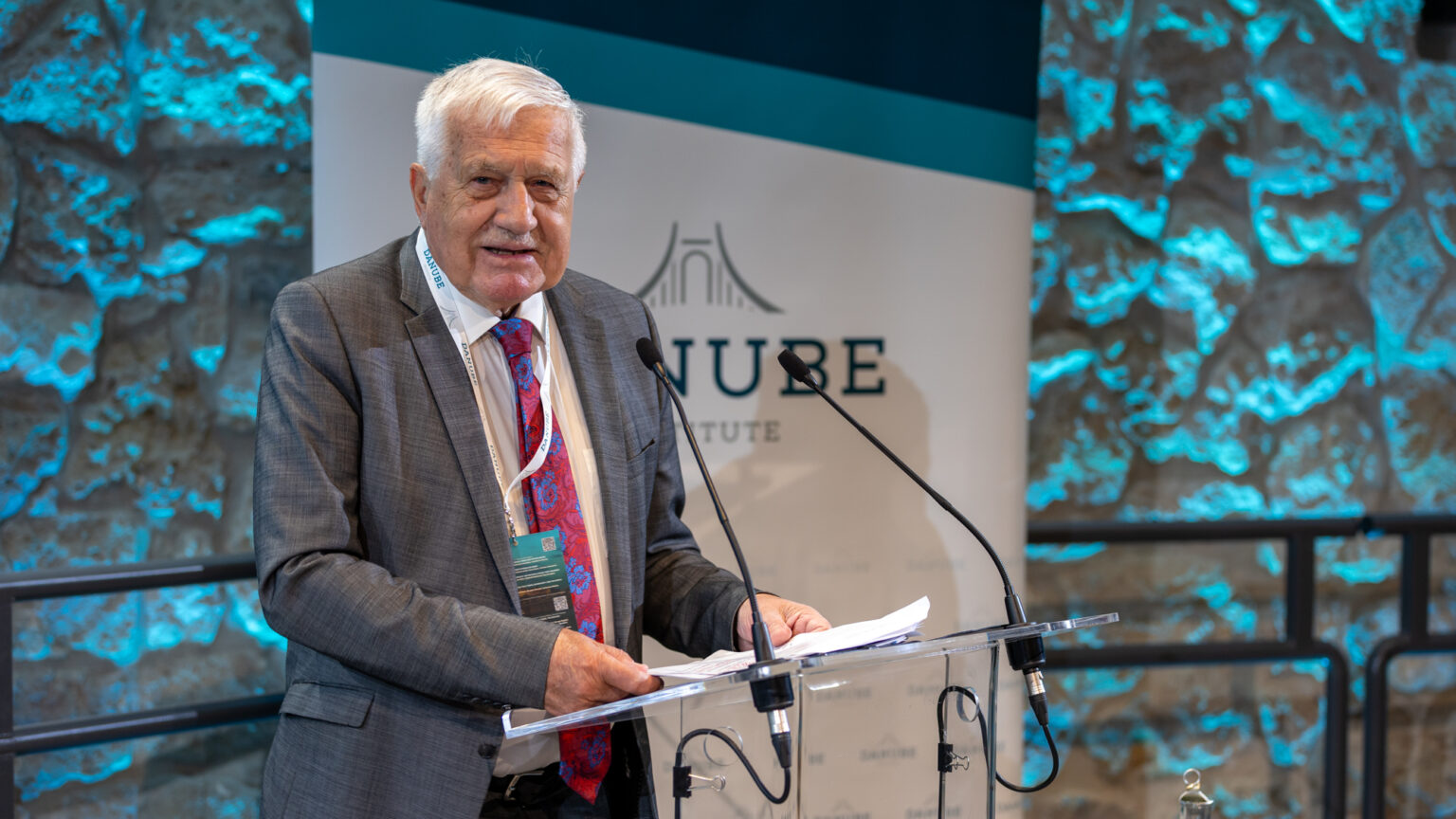
‘The question in the title of this panel is based on the very dubious assumption that—until now—we have been living in an era of globalization and that this era is now coming to an end. I consider this a wrong way of thinking, a wrong reasoning, a wrong reading of history.’

Google has announced plans to restore YouTube accounts previously banned over COVID-19 and election content. The move comes after admitting that US political pressure, including lobbying from the Biden administration, influenced earlier restrictions.
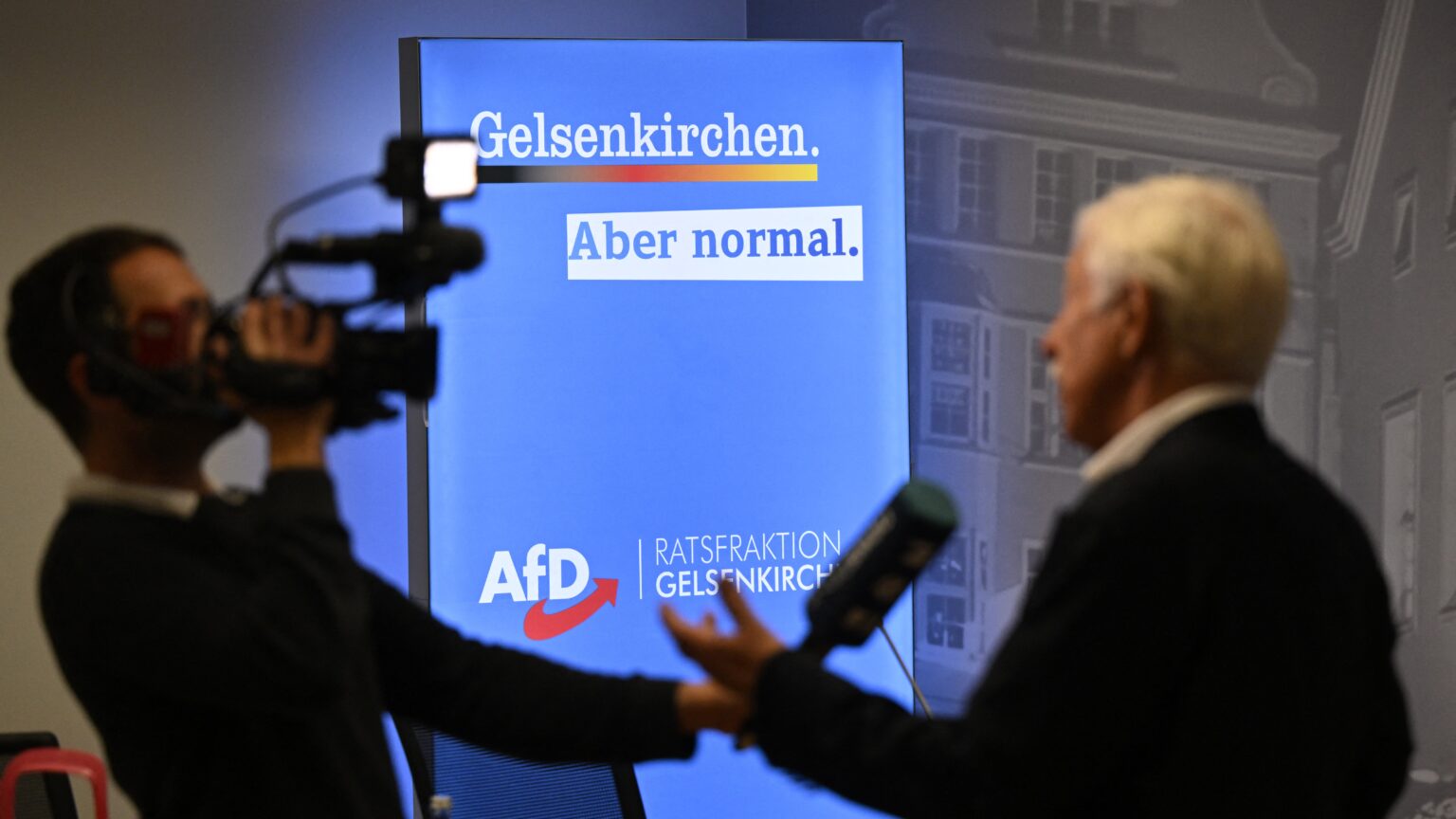
The deaths of seven AfD candidates before North Rhine–Westphalia’s local elections stirred controversy after economist Stefan Homburg called the cluster ‘statistically almost impossible’. Despite official findings of natural causes, AfD leader Alice Weidel echoed concerns—highlighting broader tensions around democratic pluralism in Germany.
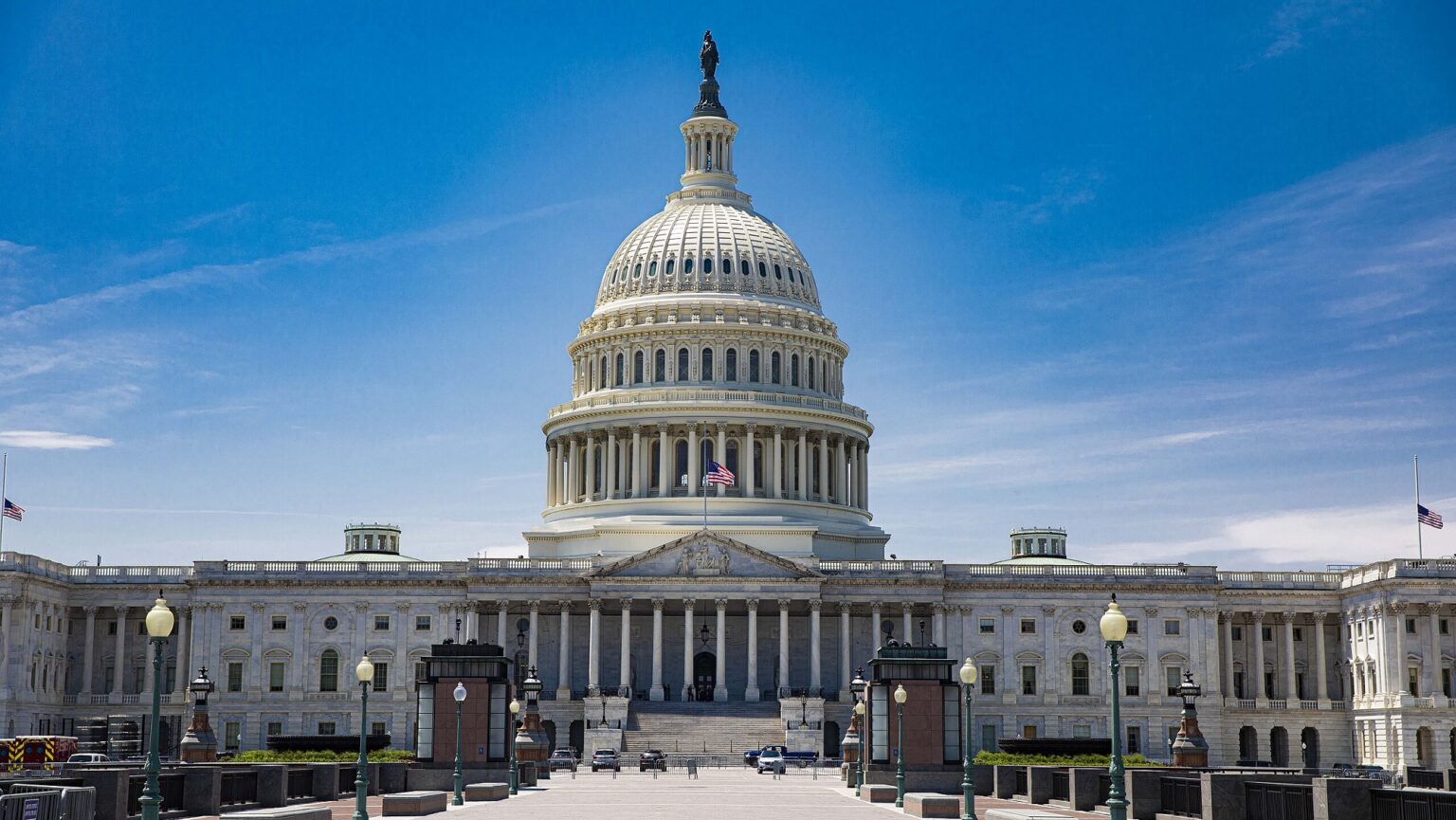
With a federal government shutdown likely coming in the US, it is worth asking: why not include appropriations bills for annual federal budgets in the list of exceptions that do not need to clear the 60-vote threshold in the Senate to overcome the filibuster?

Hungary is urging the EU to classify Antifa as a terrorist organization following the assassination of free speech activist Charlie Kirk. With past violent attacks in Budapest and controversial EP immunity for suspect Ilaria Salis, officials argue that Antifa poses a serious threat to public safety and that Brussels must align with US counterterrorism measures.
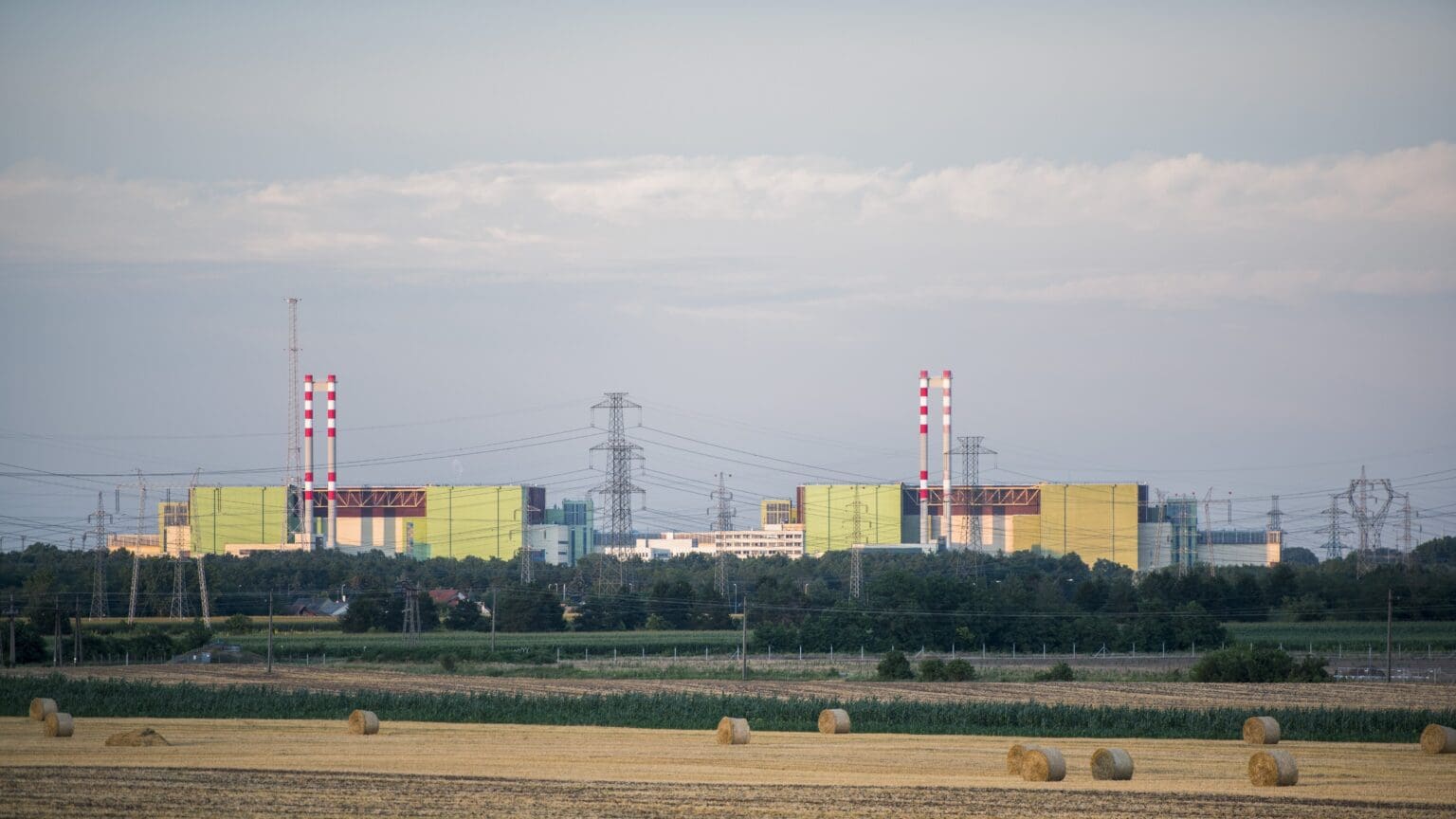
‘While the EU promotes green energy…in every possible forum, EU bodies may keep Hungary in complete uncertainty for decades regarding the feasibility and conditions for implementing its investment in the transition to safe and clean energy.’
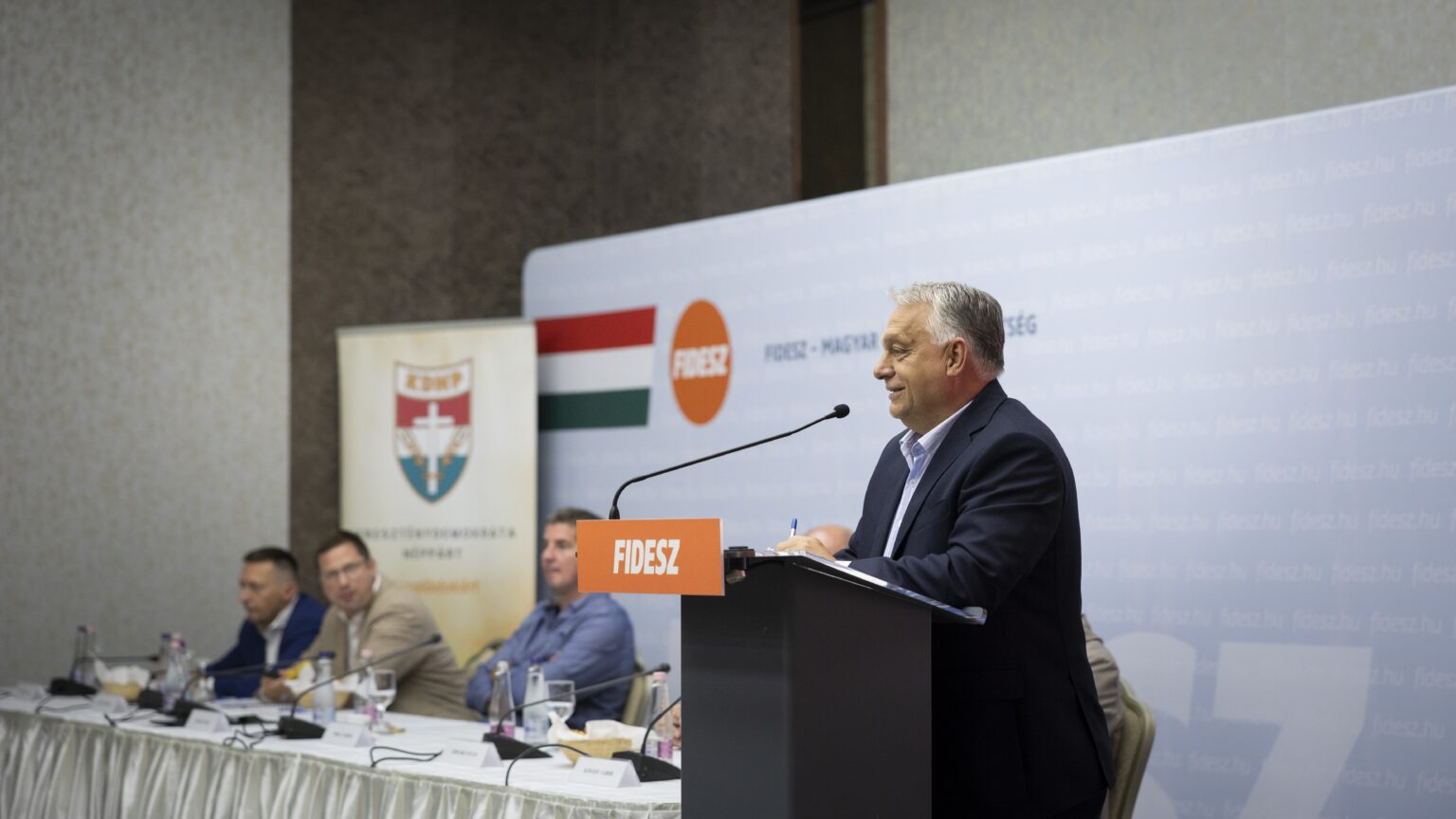
Prime Minister Viktor Orbán warned that introducing the so-called ‘TISZA tax’ is part of a Brussels plan to finance war preparations and Ukraine’s EU accession. He pledged that Hungary will resist such pressures and remain on the side of peace.

Has Hungary made efforts to diversify its energy resources since 2022? What alternative energy supply routes does Hungary have? What will Hungary do if Donald Trump asks it to stop buying Russian oil? We spoke with the Hungarian State Secretary for Energy about Hungary’s energy policy.
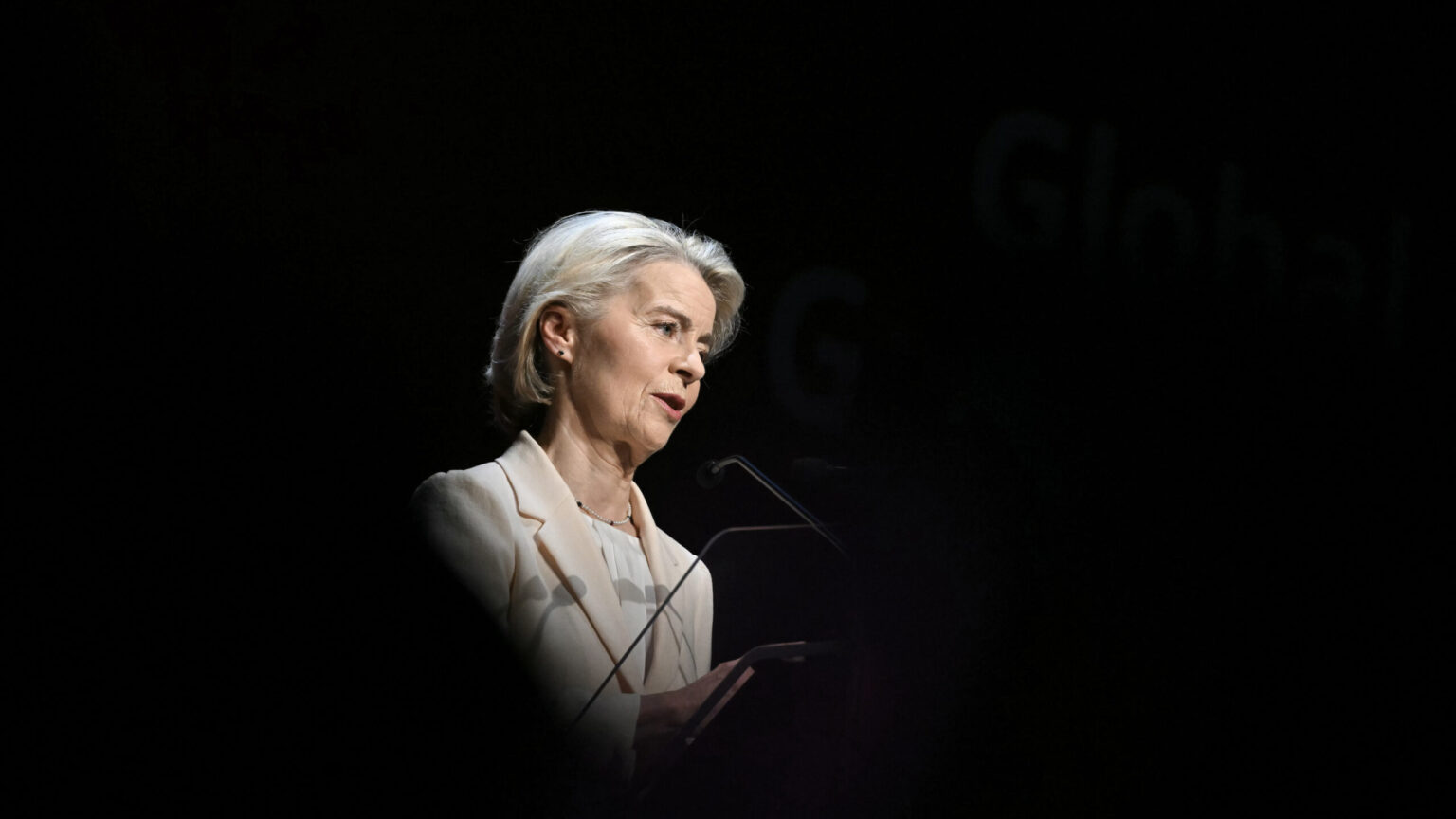
‘Sadly, this time it isn’t one of the important outlets taking pot shots. Instead, it is the EU Observer. While a tiny fraction of the size of Politico and Euractiv, the rarely-read paper has opted to repeat the same tired tropes about Hungary—that the country is some tired, authoritarian hellhole where the public is just crying out for some liberal democracy.’
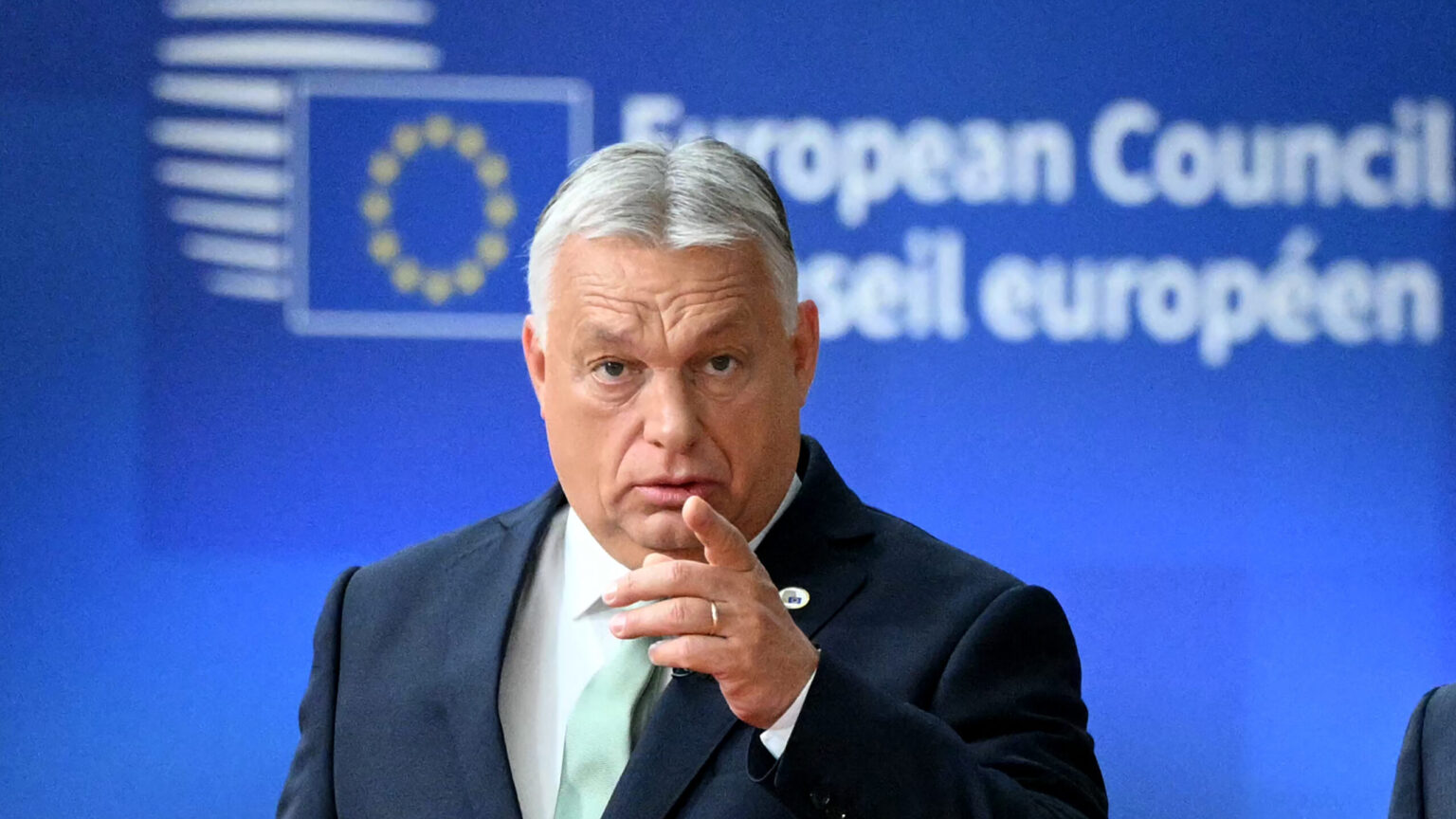
Viktor Orbán warned on X that Sweden is collapsing into ‘barbarism’, citing reports of organized crime using minors for murders. The Hungarian PM accused Stockholm of failing to protect its citizens despite lecturing others on the rule of law.
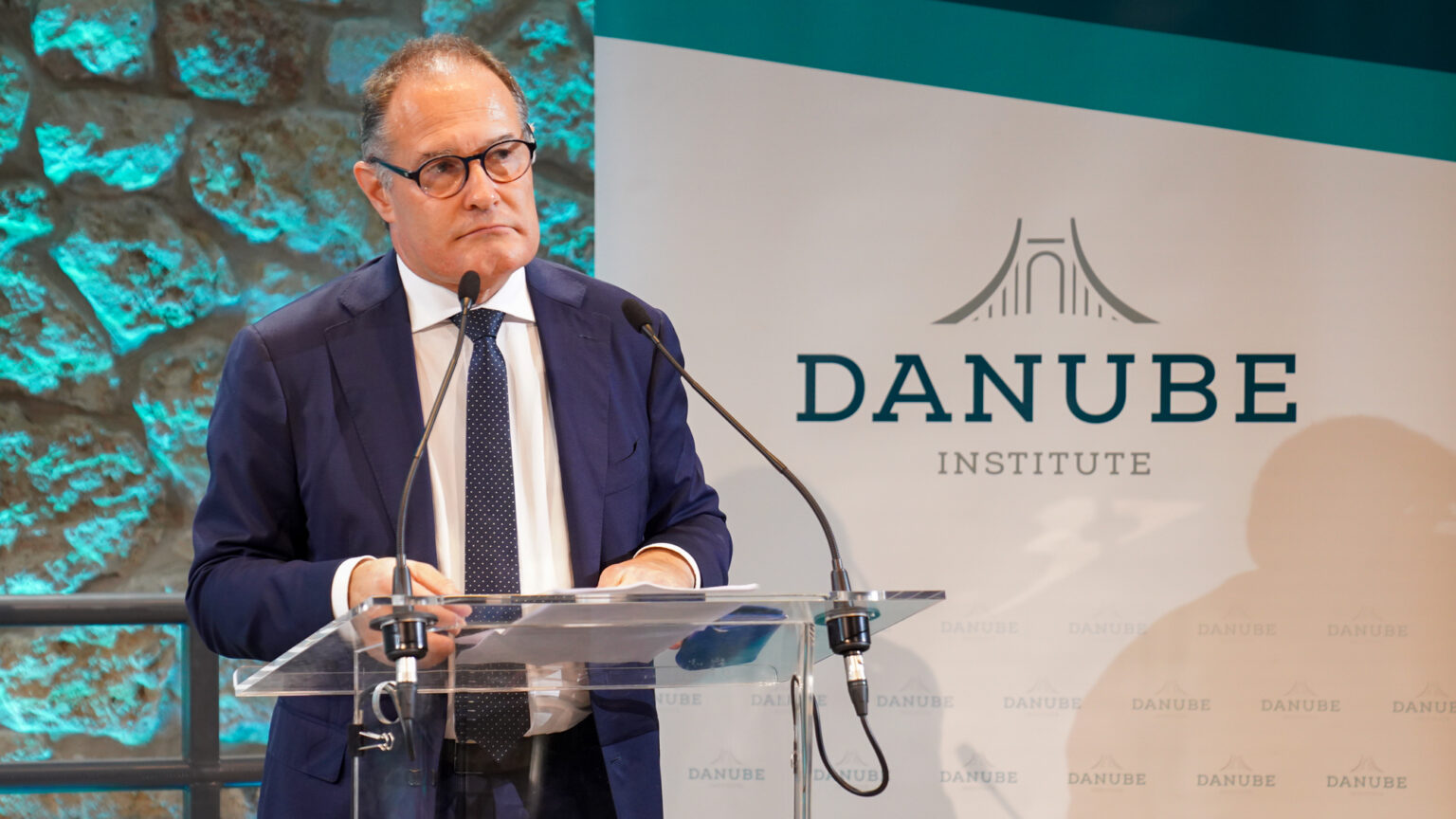
‘Borders must be enforced, constitutions defended, and citizenship laws tightened,’ Fabrice Leggeri declared at the Geopolitical Summit in Budapest. The former Frontex chief set out a detailed plan to reclaim sovereignty, warning that EU ideology has blurred lines between residence, rights, and national identity. Panellists from both sides of the Atlantic agreed.

London witnessed an unprecedented anti-immigration rally on 13 September as Tommy Robinson’s Unite the Kingdom march drew up to a million participants, according to organizers. The event honoured assassinated US activist Charlie Kirk, with Elon Musk and Eva Vlaardingerboek delivering fiery speeches against mass migration.

“Hungary’s relations with Turkic countries on critical projects in energy, both green and traditionally sourced, as well as in trade and diplomatic spheres, put it in a unique position to become the hub between the EU and Turkic countries.”

‘Although its powers are limited, the Commission and Parliament are increasingly incorporating housing into cohesion policy and future MFF planning and are seeking new policy instruments. The goal is to ensure affordable, sustainable, and secure housing.’

‘The Patriots for Europe have called the allegations and the investigation a politically motivated attempt to discredit their political community. “The use of bureaucratic instruments to discredit or dismantle political opponents is reminiscent of practices common in totalitarian regimes. We will not remain silent,” the Patriots stated in their X post.’
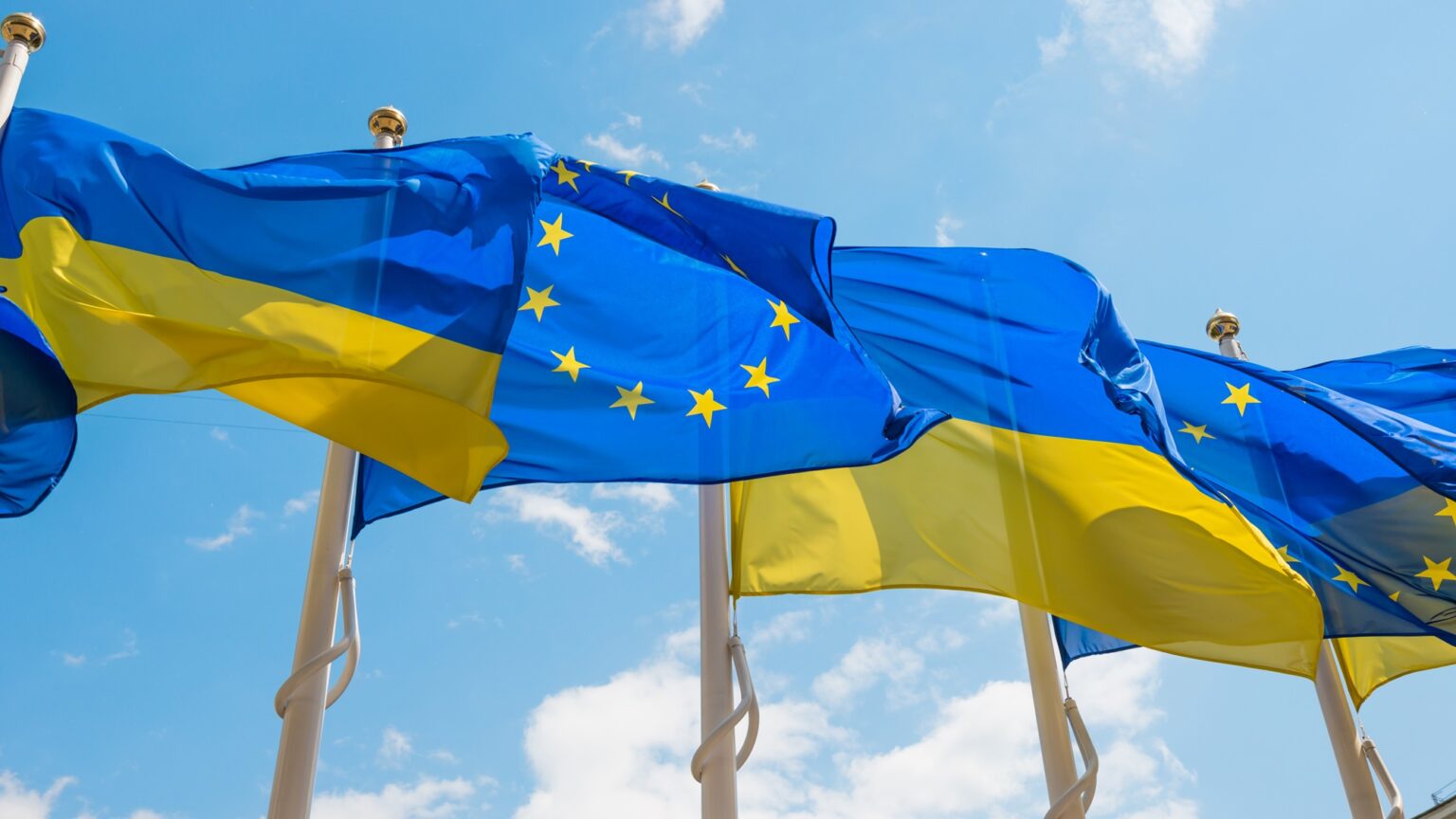
Ukraine’s issues with systemic corruption in its government and the deficiencies of its public administration prevent it from meeting the criteria for EU accession, and this will likely remain the case in the foreseeable future, a new study from the Center for Fundamental Rights finds. Ukraine’s premature accession hurts both Hungarian and European interests, the paper also warns.
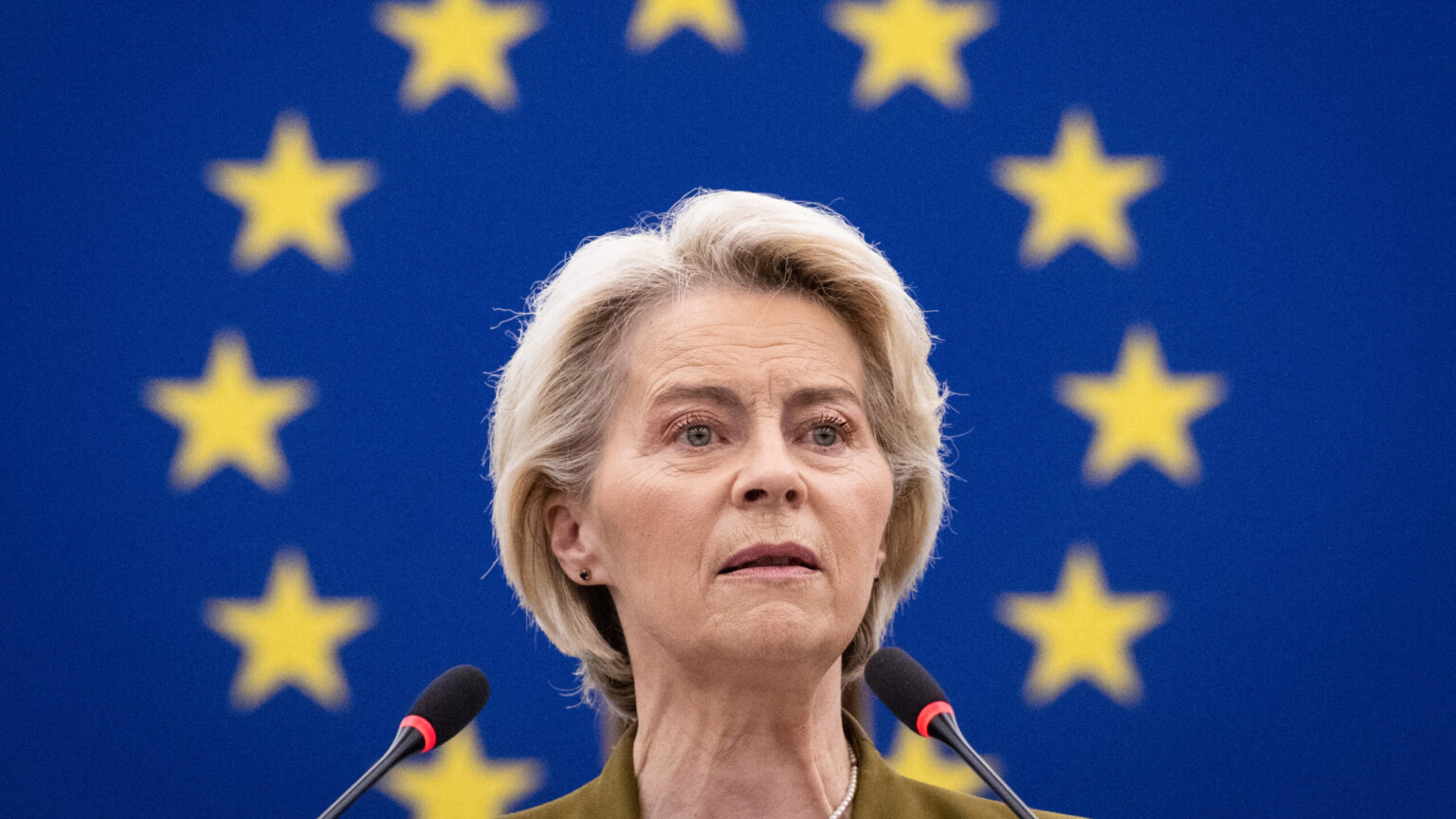
Just after Ursula von der Leyen vowed in Strasbourg that ‘Europe is in a fight’, she now faces no-confidence motions from both flanks: Patriots for Europe will table one at midnight, citing EU weakness and escalation in Ukraine, while the Left files separately, denouncing her Gaza inaction and trade agenda.

‘Bulgarian courts, relying also on constitutional jurisprudence, have rightly held that “sex” in the Constitution means biological sex. The Advocate General effectively dismisses this constitutional boundary as irrelevant, subordinating it to freedom of movement and asserting that the “authenticity” of a document lies in its consistency with subjective self-perception.’

‘We are Generation Remigration and we claim our countries back!’—a slogan turned viral by Eva Vlaardingerboek—is giving Europe’s anti-migration youth a new rallying cry. Backed by influencers across the continent, the movement reflects mounting anger at rising assaults, failed EU border policies, and the political elite’s betrayal.